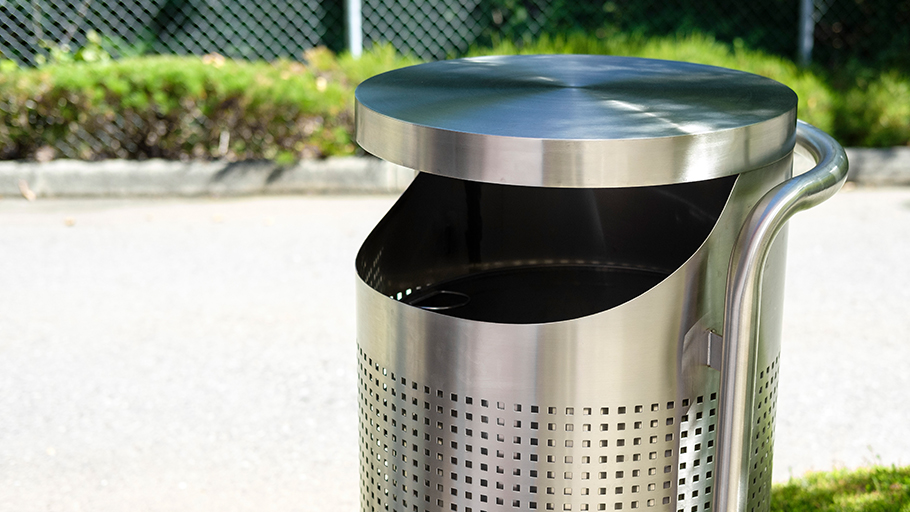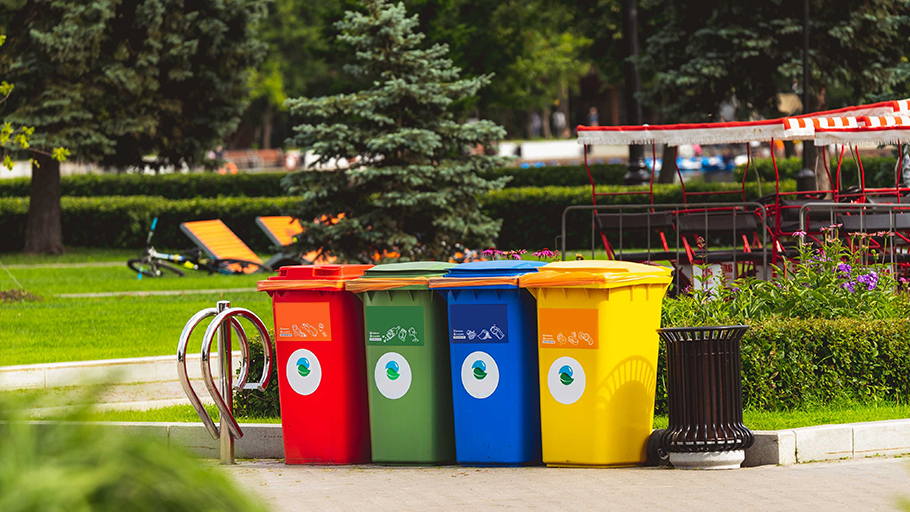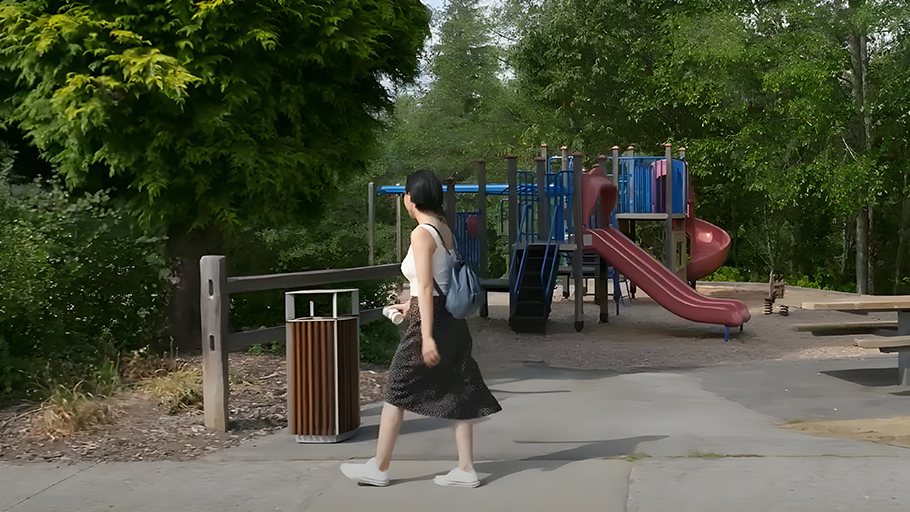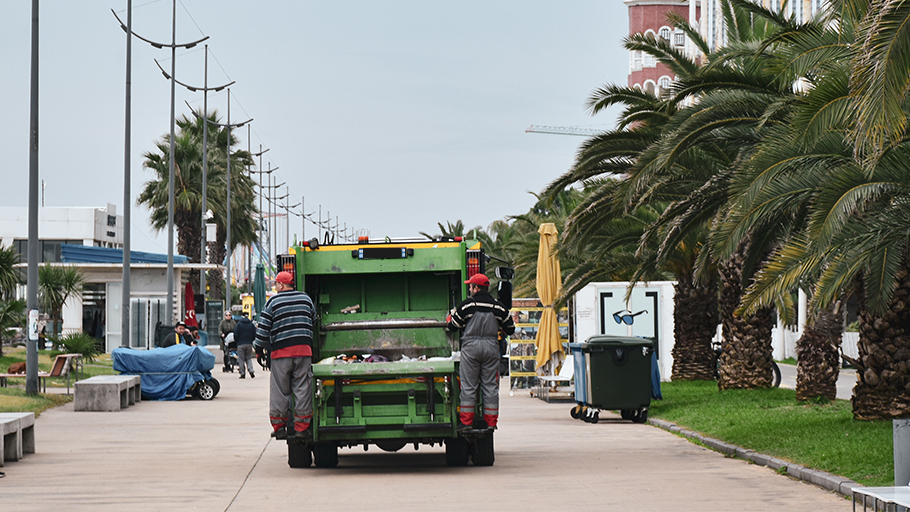Transforming recreational facilities for a sustainable future

Parks and recreational facilities hold a special place in the hearts of communities. Their natural beauty makes them indispensable assets, providing spaces for relaxation, and a chance to connect with nature. However, the allure of these landscapes often hides a pressing challenge—the substantial generation of waste. Plastic bottles, food containers, and discarded packaging diminish the sustainable vision these spaces represent. Implementing an effective waste management program is an opportunity to transform these public spaces. Beyond waste disposal, these initiatives are proving to be game changers, bringing a variety of benefits across social, economic, and environmental fronts.

Waste Management for the Environment
With the climate rapidly changing, environmental action is necessary. As we witness the escalating consequences of climate change, public facilities can play a pivotal role in efforts to combat this global challenge.
The addition of waste management programs in parks brings a range of environmental benefits. One of the opportunities lies in sorting trash, recycling, and organic waste. By encouraging people to separate waste, large amounts of, conserving natural resources, reducing greenhouse gas emissions, and lessening our overall footprint.
Parks and recreational facilities are often located in or near ecologically sensitive areas where human activity can have a big impact on biodiversity. Providing enough garbage and recycling receptacles reduces littering, protecting the local wildlife and vegetation from potential harm. This helps maintain biodiversity and the ecological balance within these areas.
As parks and recreation departments spearhead these environmentally responsible initiatives, they become leaders in climate action. By showcasing the potential of sustainable waste management, they inspire communities and businesses to follow suit. Each successful waste management program shows that positive change is achievable through collective efforts and responsible choices.

Social Benefits of Waste Management
Waste management programs in parks and recreation facilities are more than just logistical operations; they can foster a sense of community involvement and responsibility. By actively engaging visitors in recycling and waste reduction initiatives, these programs promote a sense of ownership and responsibility among visitors. The ripple effect extends beyond the park gates, as visitors carry the knowledge into their everyday lives, effecting positive changes within their communities.
Efficiently managed waste systems also lead to cleaner parks, enhancing the overall visitor experience. Studies have shown the positive impact of spending more time in nature, resulting in reduced stress levels and improved mood. Through well-maintained parks, waste management programs allow visitors to escape the stresses of daily life and fully immerse themselves in nature.
In the pursuit of an inclusive experience, waste management programs can be tailored to accommodate individuals with diverse abilities and needs. By following ADA guidelines around waste bin accessibility, parks and recreational facilities reaffirm their commitment to being welcoming spaces for all. Inclusivity is not only about physical access but also about ensuring that all members of the community feel valued and engaged in the care and preservation of these public spaces.

Economic Advantages
Well-managed parks and rec centers attract more visitors, including tourists. As a result, nearby businesses, such as restaurants, cafes, and retail shops, benefit from increased patronage, leading to a positive economic effect in the surrounding communities.
The establishment and operation of waste management programs can also create employment opportunities in various sectors, including waste collection, recycling centers, education, and outreach programs. These jobs not only contribute to local economies but also create a sense of pride and purpose among workers.

The positive impacts of implementing waste management programs in parks and recreational facilities cannot be understated. These initiatives not only enhance the well-being and enjoyment of park-goers but also contribute to local economies and environmental preservation. By engaging communities, encouraging sustainable practices, and promoting a greener future, these programs set a standard for sustainability in all facets of society. As more and more parks adopt these initiatives, we move closer to a world where human activities no longer have a negative impact on the natural environment.
